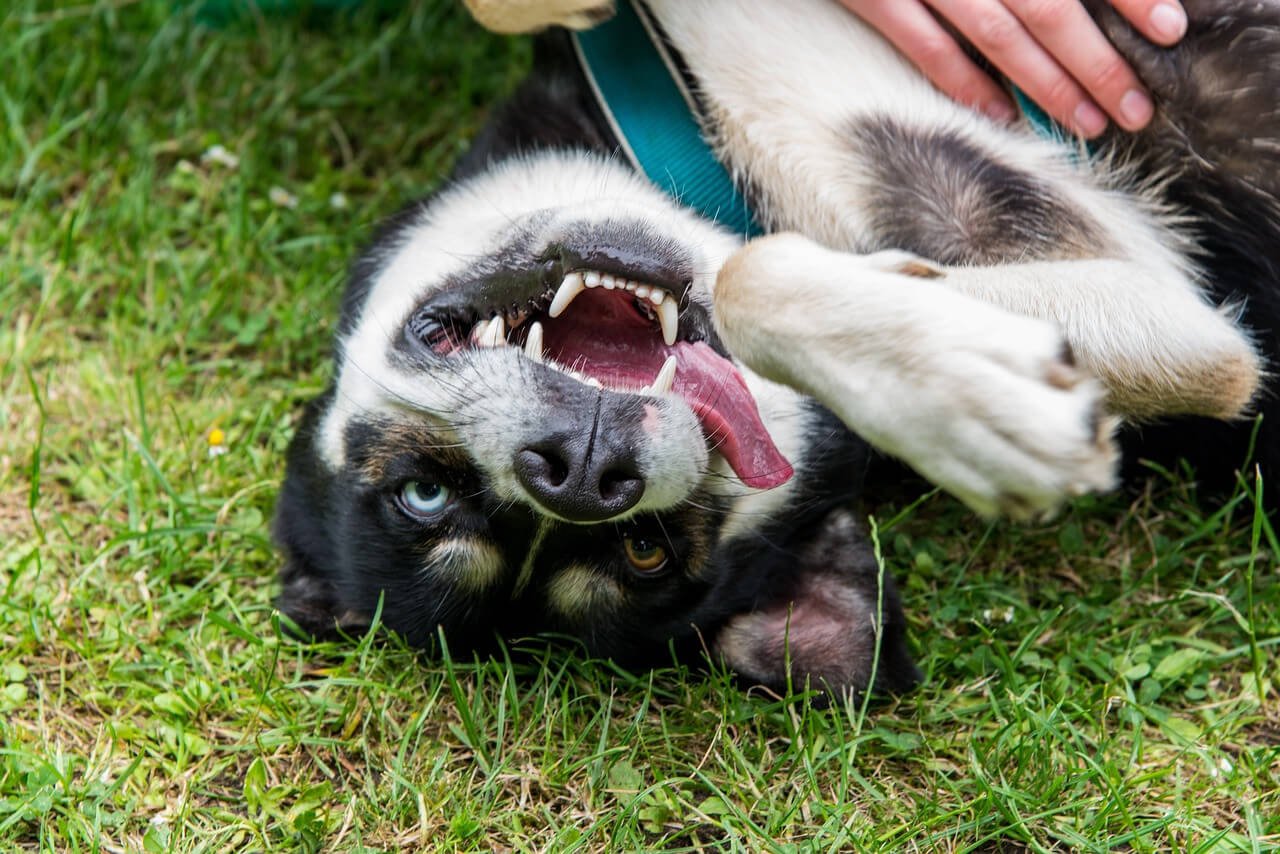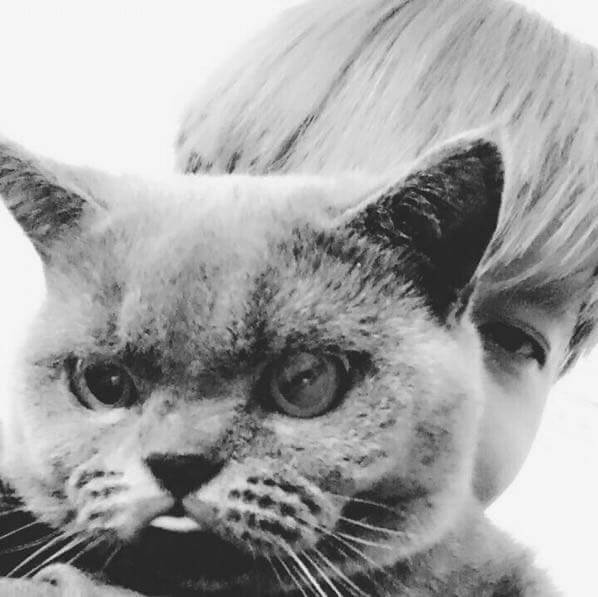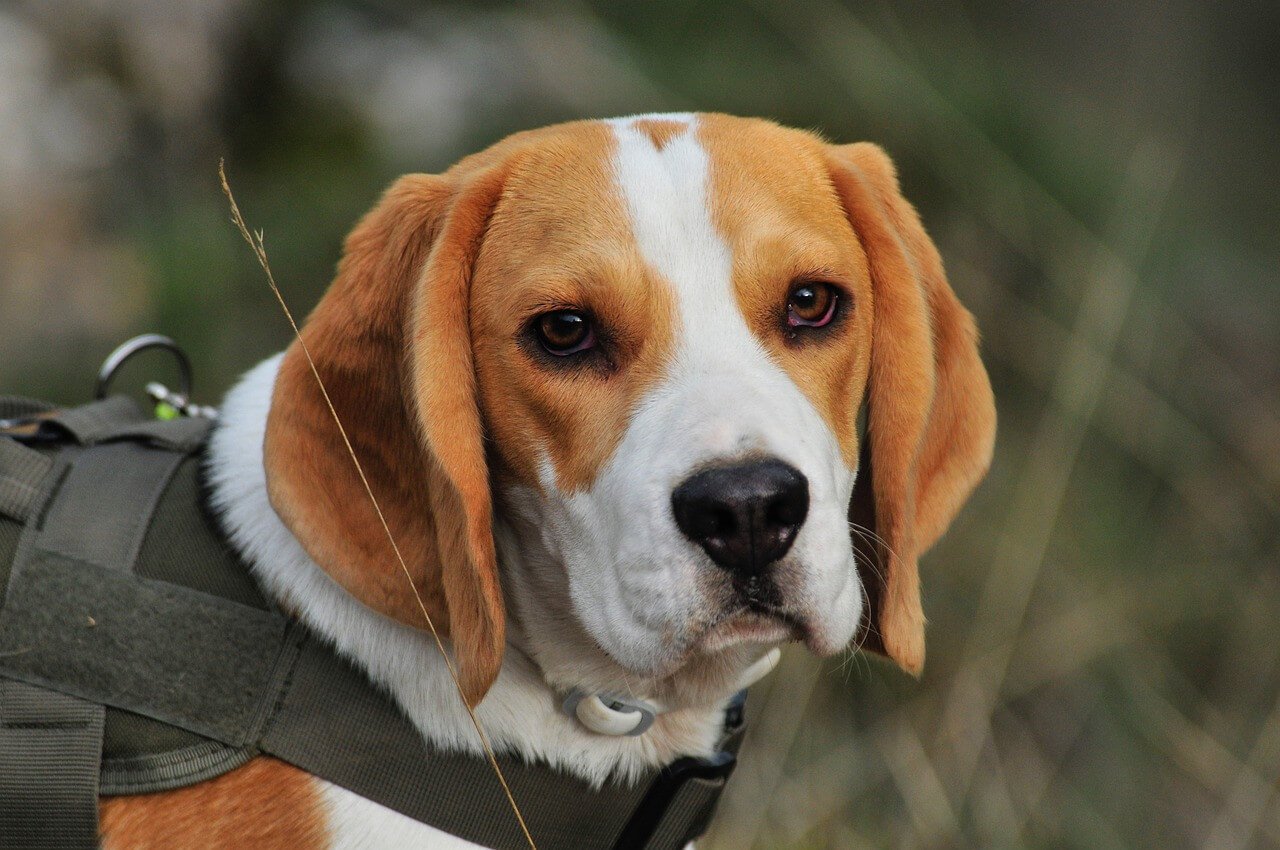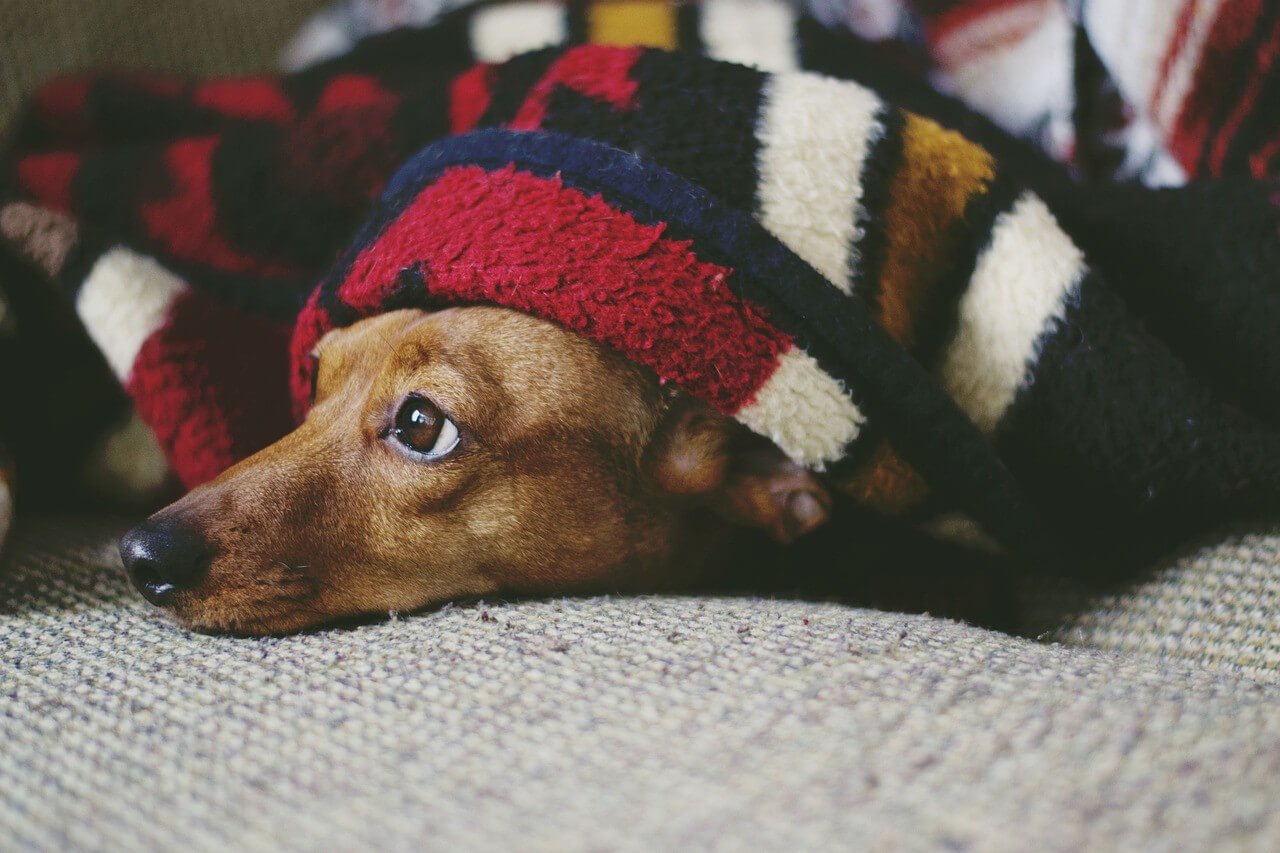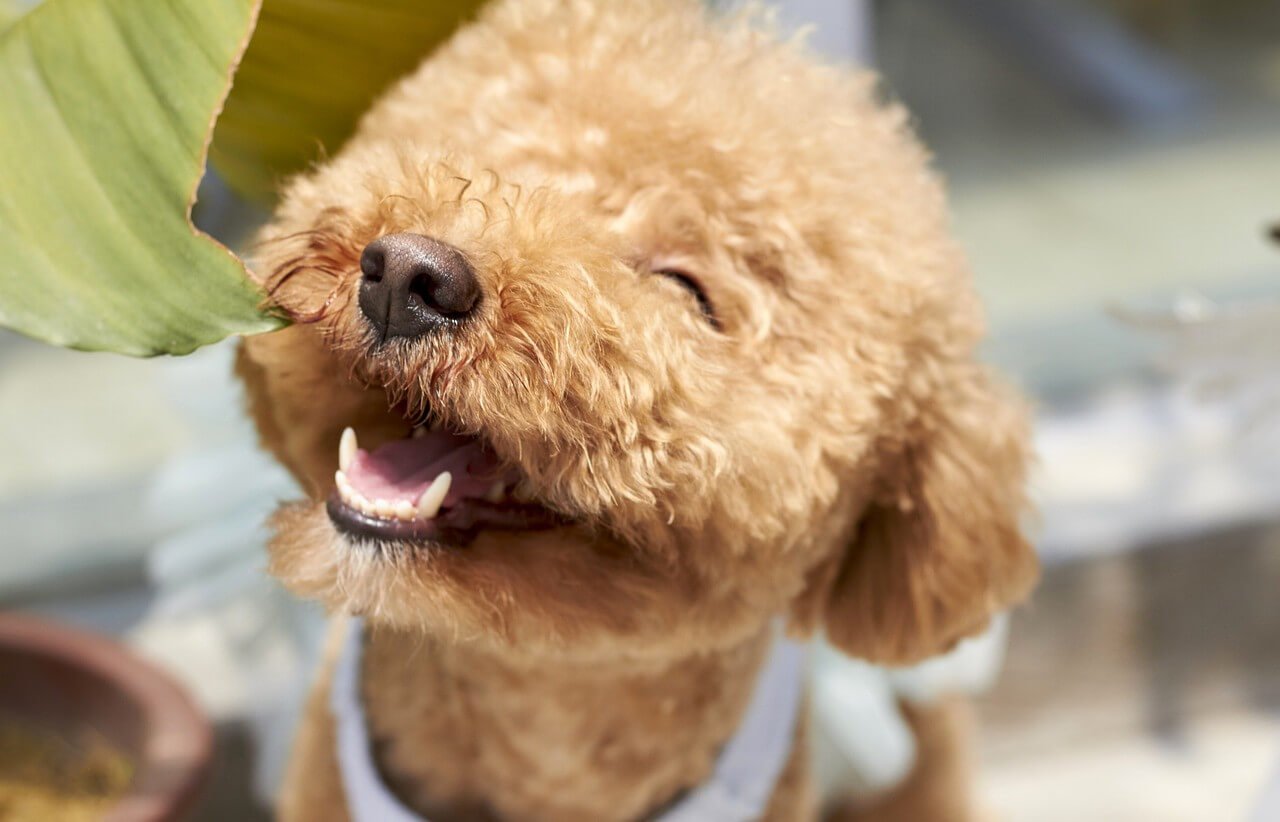The Siberian Husky is a captivating, energetic, and resilient dog breed known for its striking looks, intelligence, and playful personality. Originating in the icy landscapes of Siberia, this sled dog has become a popular companion and family pet around the world. Whether you're interested in Siberian Husky puppies or simply learning about this fascinating breed, here’s everything you need to know.
Origins and History of the Siberian Husky
Siberian Huskies originated in Northeast Asia, where they were bred by the Chukchi people of Siberia to pull heavy sleds over long distances. Known for their endurance and ability to thrive in cold climates, these dogs were later introduced to North America during the Gold Rush, where they made a name for themselves in sled dog races like the Iditarod. Today, they remain popular not only as working dogs but as loyal, family-oriented pets.
Physical Traits of Siberian Huskies
Appearance of the Siberian Husky
A Siberian Husky is a medium-sized dog with a thick double coat, erect triangular ears, and distinct facial markings. Their eyes are often blue or heterochromatic (one eye blue, one eye brown), which adds to their striking appearance. The breed's thick coat is designed to keep them warm in cold climates, though they shed heavily during seasonal changes. A white Siberian Husky is particularly stunning, with its pure white coat standing out against the breed’s usual mix of black, gray, and red hues.
Size and Weight
Siberian Huskies are medium-sized dogs that typically weigh between 35 to 60 pounds. They are agile and well-muscled, which helps them perform well in sled dog racing and other physically demanding activities. Despite their size, they are incredibly fast and have great endurance, able to pull sleds across great distances in cold weather.
Personality and Temperament
Siberian Huskies are as dynamic in personality as they are in looks, with the Siberian Husky personality being marked by intelligence, independence, and a playful nature. This active breed requires plenty of physical and mental stimulation, and understanding the Siberian Husky temperament is crucial for prospective owners. Known for their intelligence, they are curious and quick learners but also require consistent leash training due to their high prey drive. Husky dogs are social and enjoy the company of other dogs, making them well-suited for families with multiple pets. However, they aren’t ideal guard dogs due to their friendly disposition toward strangers.
Exercise and Activity Levels
So you've gotten a sense of the dynamic personality that makes a Siberian Husky so irresistible. But before you rush out to adopt one, let's talk about the physical and mental workout these high-energy canines require. Trust me, a Husky isn't for the faint-hearted—or the couch-potatoed!
Daily Exercise: Non-Negotiable
The very first thing you should know about Siberian Huskies is that exercise isn't optional—it's a must. We're talking at least an hour of brisk exercise each day, and that's the bare minimum. If you're someone who's allergic to the gym, perhaps a Husky isn't the best fit for your lifestyle.
The Great Outdoors is Their Playground
Given their history as sled dogs, Siberian Huskies absolutely love outdoor activities. Whether it's hiking, jogging, or simply a game of fetch in the park, the more time they spend in nature, the happier they are. This means you'll want a sturdy dog leash that can withstand all sorts of adventures.
Mental Stimulation: Don't Forget It!
Apart from physical exercise, these smart pups need plenty of mental challenges to keep them engaged. Puzzle toys, hide-and-seek games, and training sessions are excellent ways to keep their brains buzzing. If you're looking for toy recommendations, check out these amazing dog toys.
Social Exercise Counts Too
Since they're such social animals, playdates with other dogs are another excellent way to tire them out. A Husky who's well-exercised is a happy Husky—and a happy Husky means a happy home.
Word to the Wise
A Siberian Husky with pent-up energy is like a ticking time bomb of mischief. From digging up your garden to disassembling your couch, they'll find ways to expend that energy—one way or another!
Nutritional Needs
You've got the toys, the leash, and you're mentally prepped for daily exercise—great! But what about feeding your soon-to-be fur baby? Proper nutrition is the foundation of a healthy, happy Husky, and let's be real, it takes a lot of fuel to power these adventure-loving creatures.
Quality Over Quantity
Unlike some breeds that will eat as much as you put in front of them (we're looking at you, Labrador Retrievers), Siberian Huskies are surprisingly moderate eaters. But don't be fooled by their smaller appetite; the quality of what they eat is crucial. A balanced diet rich in protein and healthy fats is essential for keeping them in peak condition.
The Right Calories for an Active Lifestyle
Considering their high activity level, Huskies need more calories per pound than your average couch potato dog. An adult Husky may need anywhere from 1,700 to 2,400 calories per day, depending on their weight and activity level. Puppies and lactating mothers will require even more.
Dietary Supplements: Yay or Nay?
Siberian Huskies generally get all the nutrients they need from a well-balanced diet. However, if you live in a climate far removed from the cool conditions they're accustomed to, supplements like Omega-3 and Omega-6 fatty acids can help maintain that gorgeous coat. Always consult your vet before introducing any new supplements.
Treats and Snacks: Choose Wisely
We all love spoiling our pets, but when it comes to treats, choose wisely. Too many fatty or sugary snacks can lead to obesity and other health issues. Opt for healthy alternatives like carrots or apple slices, or specialized dog treats that contribute to their overall health.
Water: Don't Forget Hydration
Last but not least, hydration is key, especially with all the activity your Siberian Husky will be engaging in. Always have fresh water available, particularly during and after exercise.
Grooming and Maintenance
So you're ready to welcome a Siberian Husky into your life—a decision that brings along a whirlwind of joy, fluff, and energy. Now, let's talk about the nuts and bolts of preparing your home for your new, furry family member.
Room to Move: The Space Equation
Let's get one thing straight: Siberian Huskies are no couch potatoes. They crave space to run and frolic. If you're living in a compact apartment, you might want to reconsider. Ideally, a home with a yard provides the freedom these high-spirited dogs crave.
A Cozy Corner: All About Dog Beds and Blankets
After a day filled with zoomies and explorations, your Husky will need a cozy sanctuary to unwind. Make sure to invest in a large dog bed for their comfort. To make their resting spot even more inviting, a soft dog blanket adds that extra touch of coziness.
Fort Knox Your Yard: No Great Escapes Allowed
Make no mistake—Huskies are cunning escape artists. If you've got a yard, ensure it's as secure as Fort Knox. Regularly inspect for possible escape routes, because believe me, if there's a way out, they'll find it.
Playtime Essentials: Toys Galore
You can't underestimate the power of play for a Siberian Husky. They need both mental and physical stimulation to stay happy. A diverse selection of dog toys isn't just a fun indulgence—it's vital for their well-being.
Keep it Cool: Climate Considerations
Finally, remember that Siberian Huskies are built for the cold. If you live in a warmer climate, make adjustments to keep them comfortable. Shade and fresh water should be abundant, and avoid walks during peak heat. The American Kennel Club recognizes the Siberian Husky and recommends specific measures for their well-being in warmer climates.
Health Considerations for Siberian Huskies
Common Health Issues
Siberian Huskies are generally a healthy breed, but like all dogs, they can suffer from certain health conditions. Hip dysplasia, corneal dystrophy, and eye problems are some of the common health concerns to watch for. Regular vet check-ups and maintaining a healthy weight can help prevent these issues. Siberian Husky owners should also be aware of the breed's tendency to gain weight if not properly exercised, so a balanced diet and regular activity are essential.
Shedding and Grooming
Due to their thick double coat, Siberian Huskies shed a lot, especially during the shedding season in spring and fall. Regular grooming and brushing can help manage their hair loss. The shedding is also a sign that they are adapting to the changing weather, but it does require commitment from their owners to maintain a clean home.
Training and Socialization
Siberian Huskies are not typically the easiest dogs to train due to their independent nature. However, with the right approach, they can be well-behaved pets. It's essential to start obedience training early and consistently enforce rules. Leash training is also necessary, as Huskies tend to pull when walking. Their strong-willed nature means that positive reinforcement works best.
Socialization and Interaction
Huskies are pack animals, so they thrive in environments where they are part of a family or team. They enjoy being around people and other dogs, but early socialization is important to avoid behavior issues like aggression or excessive shyness. Training tips for Huskies should focus on patience, consistency, and providing plenty of positive reinforcement.
Family Life and Compatibility
The Siberian Husky breed is known for its compatibility, with family life and particularly with children They are known to be loving companions that can make a wonderful addition to households with kids It is important to socialize them and educate children about interaction with dogs as is the case, with any breed
When it comes to Siberian Huskies interacting with dogs they tend to get along particularly when they have been socialized early in life. But keep in mind that they might have an instinct to chase after cats and livestock so it's important to introduce them in controlled settings.
Siberian Huskies can adjust well to living spaces; they are fine, in apartments or homes with yards. Thrive best in places where they can get regular exercise and mental stimulation like a house with a yard would offer them the ideal environment, for their needs. They are generally easy to care for in terms of grooming. They tend to shed a lot during shedding season.
In general Siberian Huskies are companions, for families that can offer them the required activity, affection and care. With nurturing and care they can do well in living environments and bring happiness and camaraderie, to their caregivers.
Conclusion
Bringing a Siberian Husky into your home is a rewarding experience for those who can meet their high-energy needs. With their fascinating history, vibrant personality, and thick double coat, they are well-suited for active families who can provide the stimulation and companionship they crave. Whether you're drawn to their sled dog heritage or their striking husky dog traits, Siberian Huskies make loyal, adventurous companions.
Reference:


